Every visualisation of the selected videos to launch PAV will be for free until October 1, 2023, thanks to the generous contribution of the featured artists.
Showing 37–67 of 67 results

Coming soon

Coming soon

Coming soon

Coming soon

Coming soon

Coming soon

Coming soon
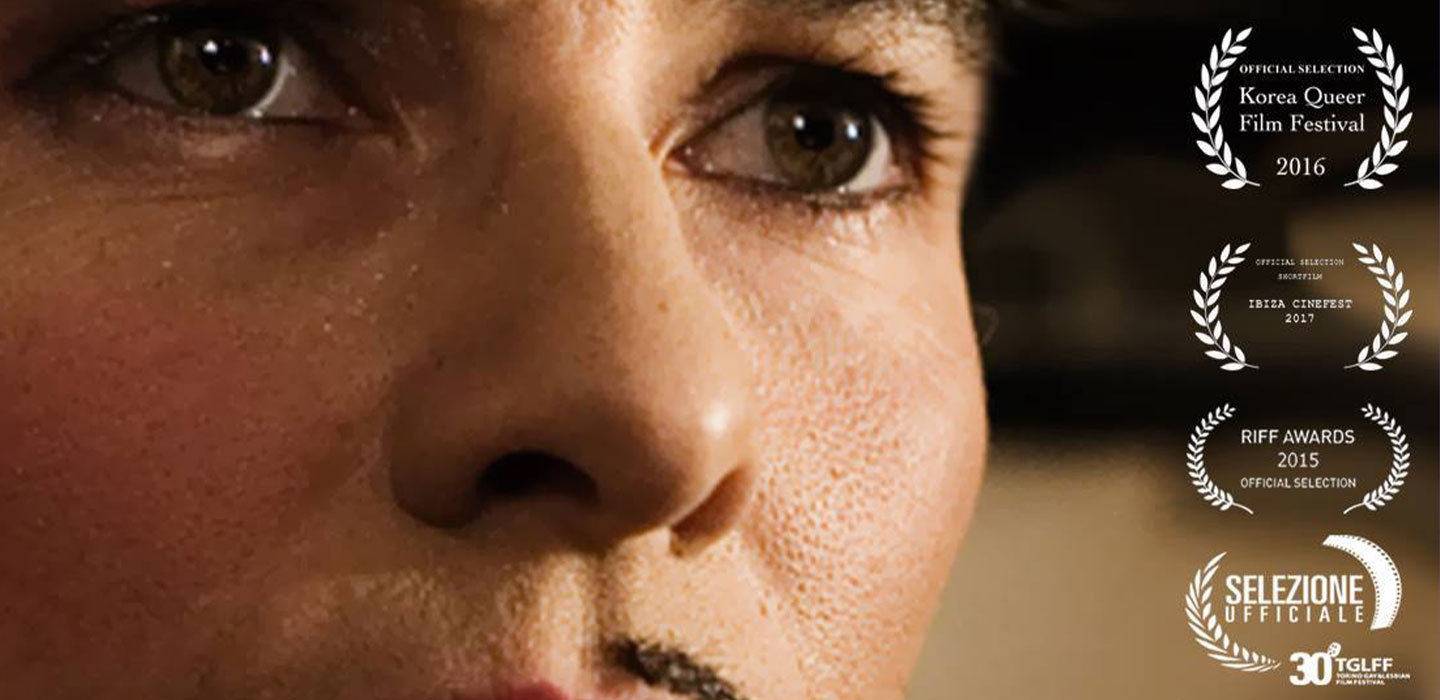
Coming soon
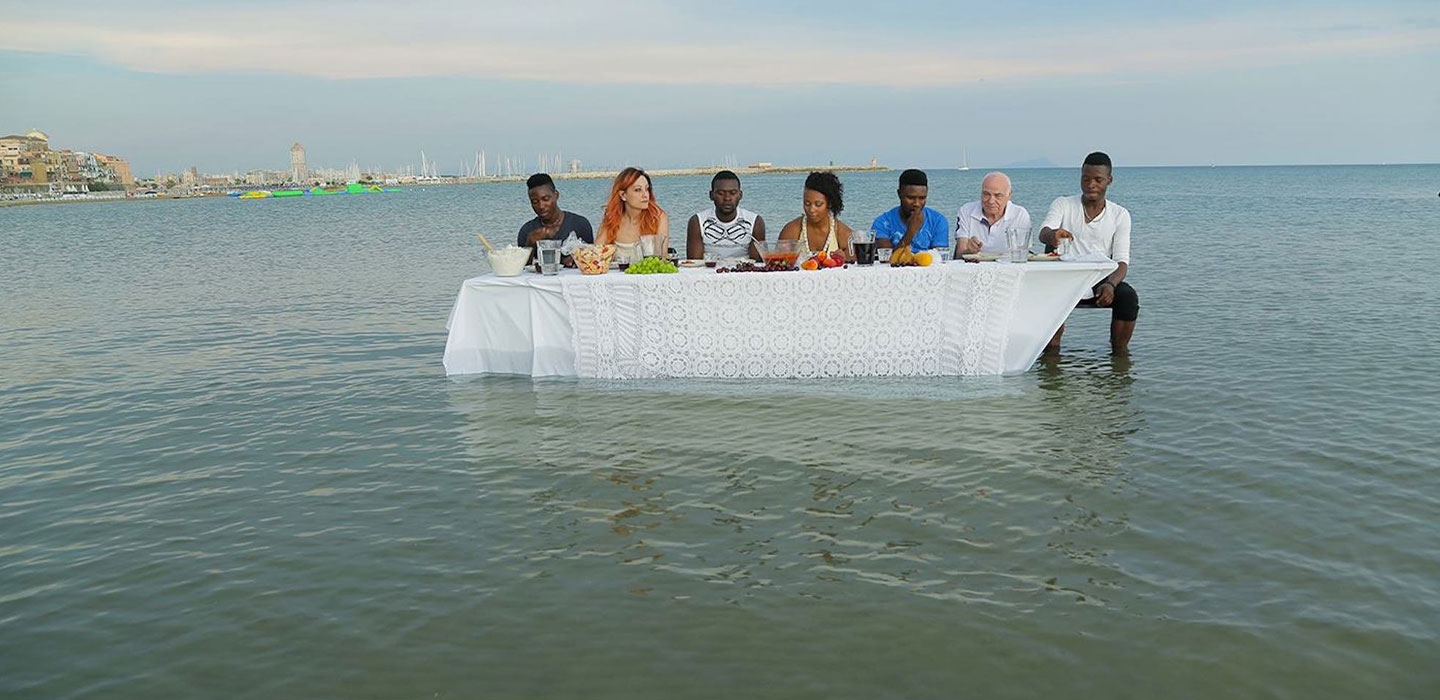
Coming soon
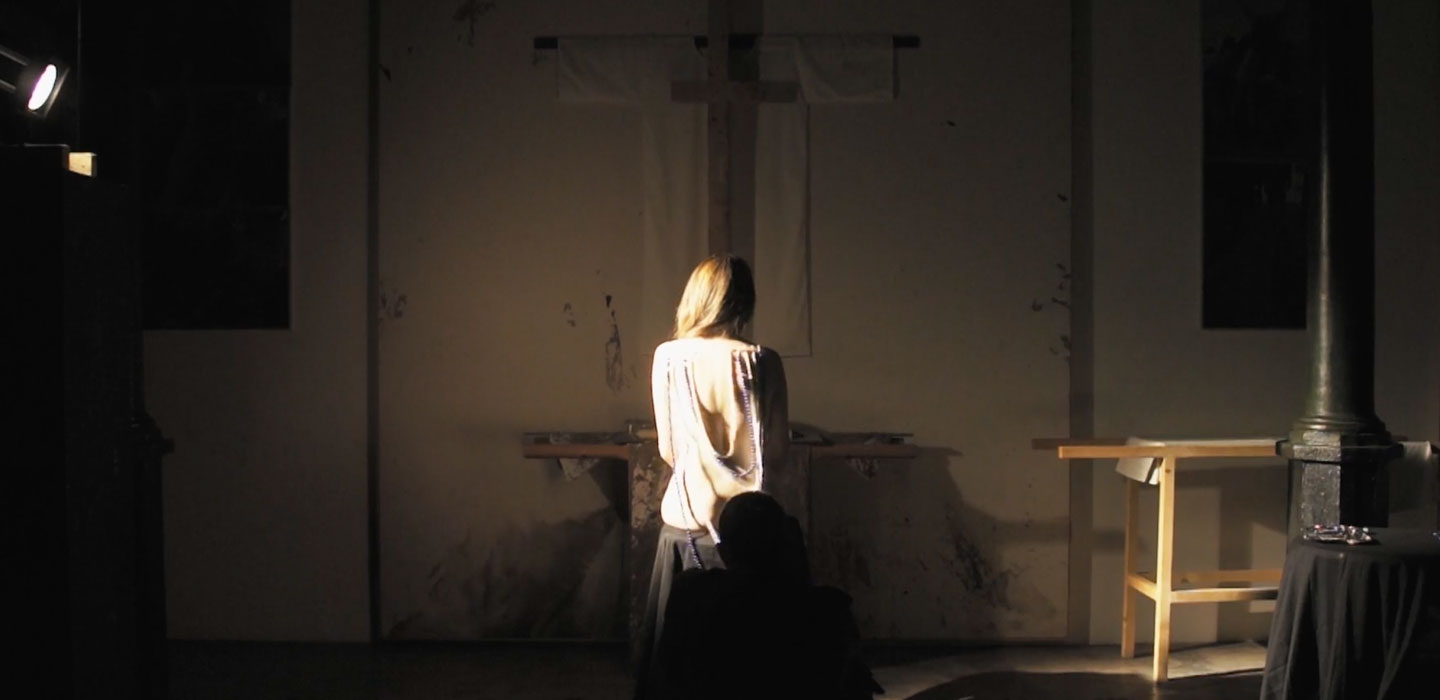
Coming soon
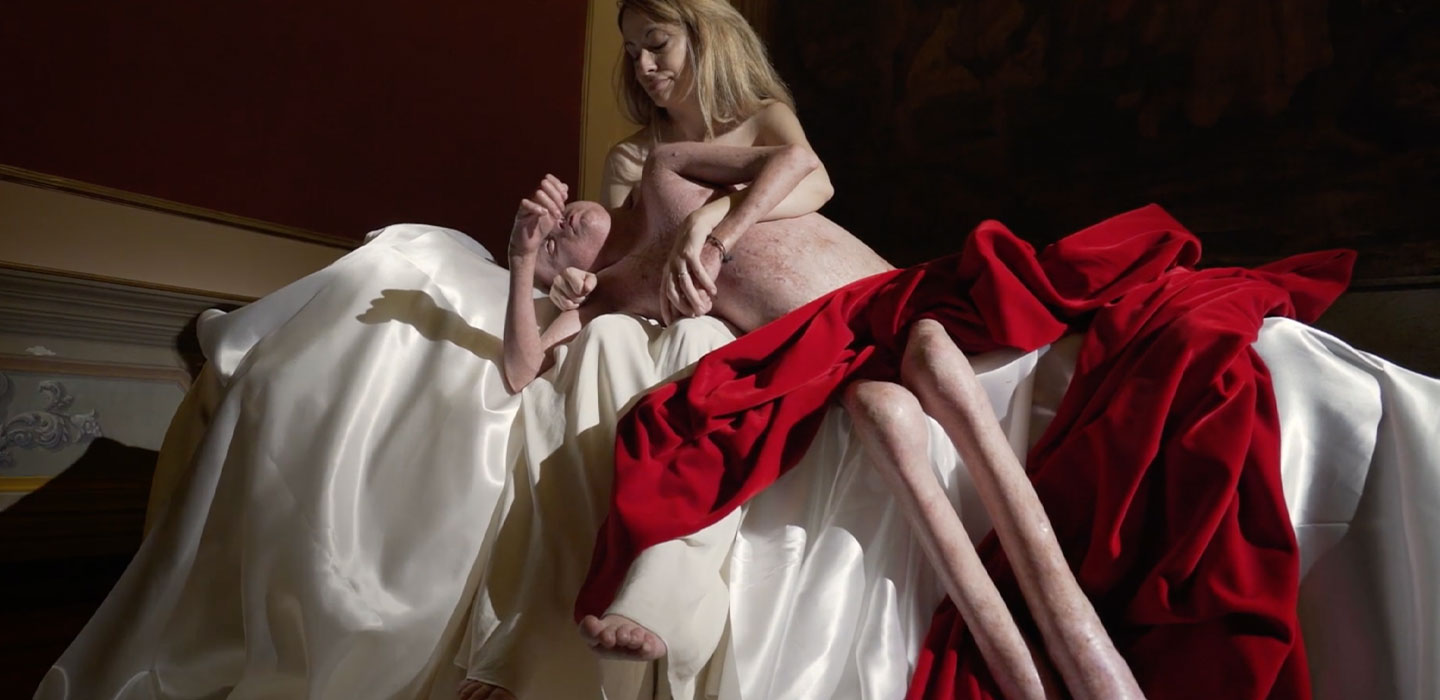
Coming soon
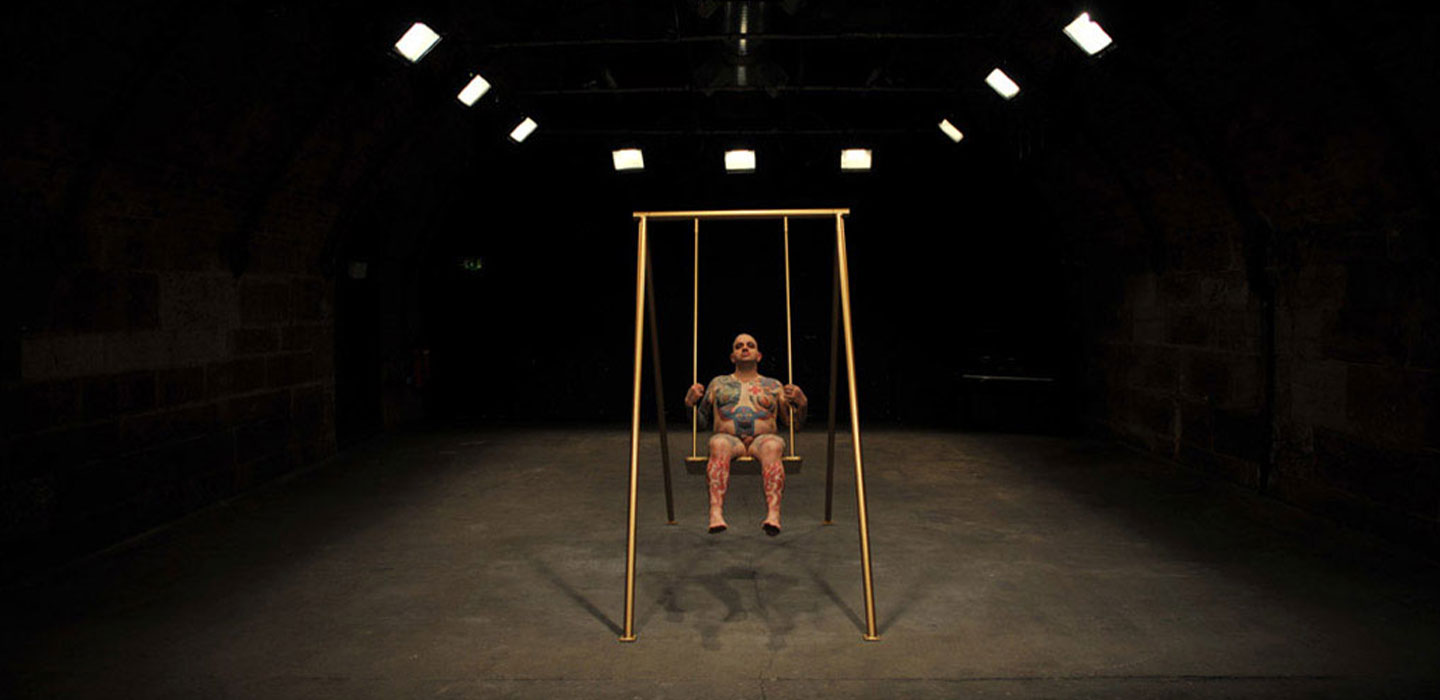
Coming soon

Coming soon

Coming soon